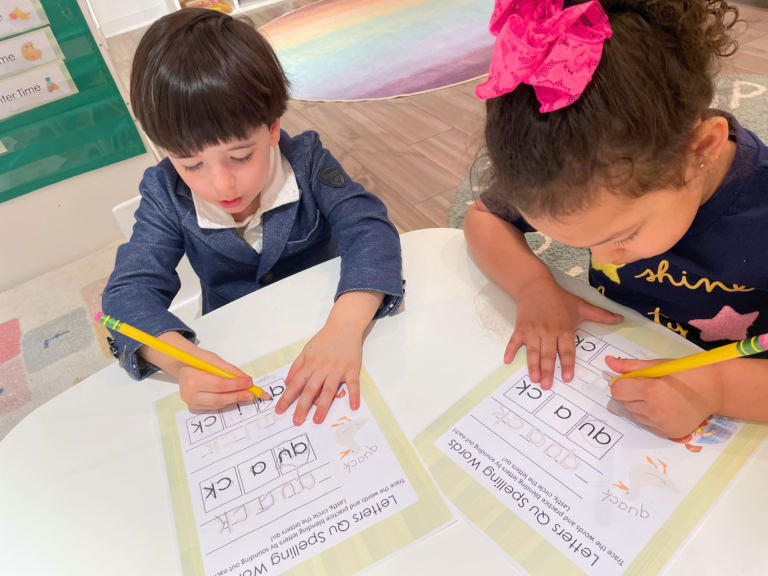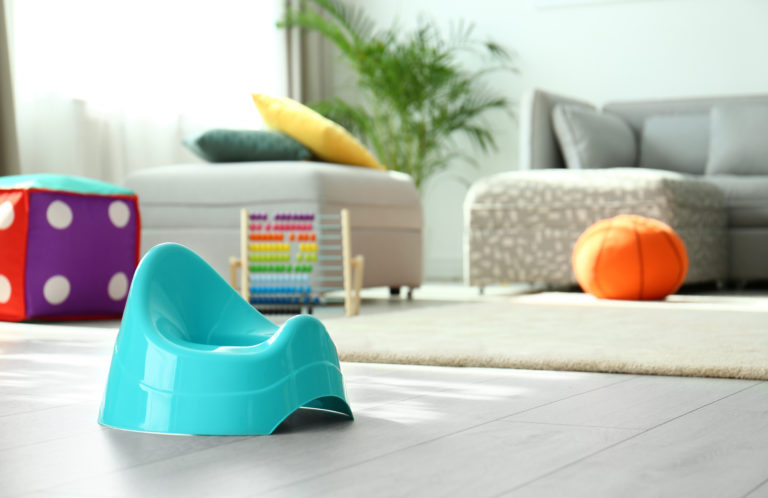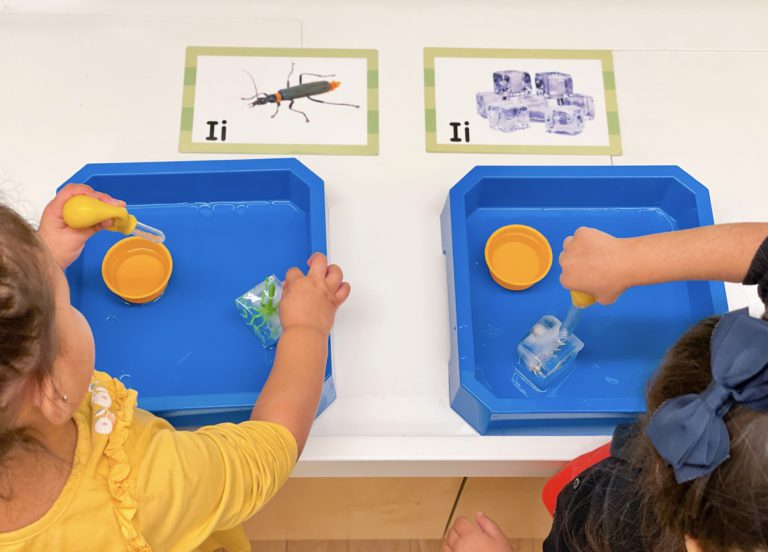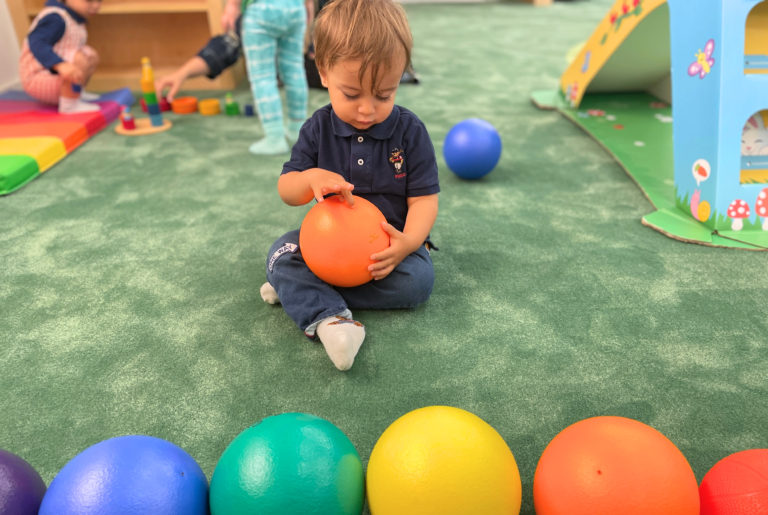What Do Your Little Ones Learn in High Quality Preschool?
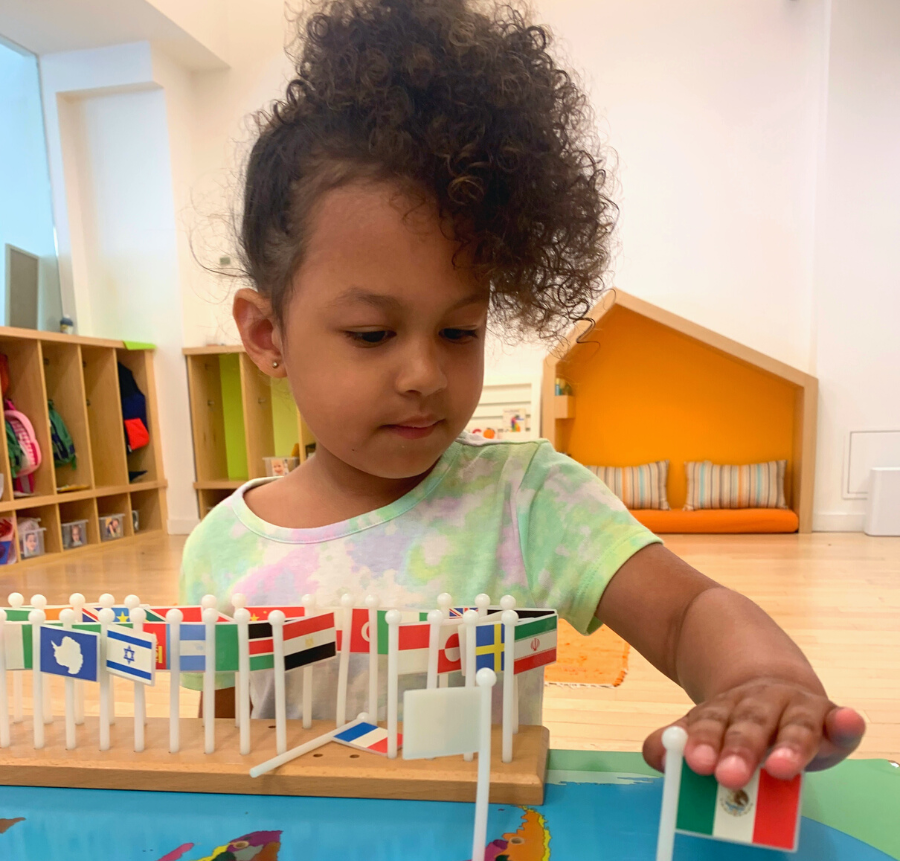
Giving Your Child the Education They Deserve
It’s both exciting and daunting to think about the role your little one will play in the future. Time flies quickly, and sooner rather than later, your little one will be moving on to big things! As such, it’s really important to pick an in-person or virtual preschool/learning experience that is high quality and fits best with your little one’s interests. It can be really difficult to weigh options, though; there are a lot of fantastic places for early childhood education, and it is overwhelming to try and know everything you should be looking for. Never fear, though — Playgarden Online has assembled this list of things that your little one should be learning in any high quality virtual preschool at home, such as ours!
To begin with: any preschool program worth attending should always be putting your little one’s development at the forefront! Your little one is at a formative time in their life during their preschool years, and they need educators to help them along with that. So, it is important to look at how any preschool, including homeschool preschool, will be supporting these five areas of development with your little one:
- Physical Development: Though it may seem like an obvious one, the way that your little one learns to move their arms, legs, fingers and hands is a huge part of their early development that should absolutely be bolstered by their in-person or virtual preschool program! Teachers should be helping your little one by providing them a number of different physical activities, games, and other active ways to use their bodies. If the preschool program offers options for running, jumping, throwing and catching as well as things like paints and playdough for playing, it’s a good sign.
- Emotional Development: Just as important as their physical growth is how your little one develops mentally! It’s key that when your little one is in preschool at home or preschool in-person that they learn about feelings — both their own and the feelings of others. Your little one’s teachers should always help them to recognize their feelings and manage them appropriately as well as learning empathy for others’ feelings.
- Social Development: One of the most crucial parts of growing up is learning how to interact with others! Your little one’s in-person and preschool at home educators should be instrumental in helping your little one learn to manage conflicts, work with others, and be respectful. All of these will help your little one build social skills as well as language skills and self control during homeschool preschool!
- Language/Literacy Development: We all need to know how to communicate with one another, so the building of language or literacy skills is instrumental to your little one’s virtual preschool experience! Teachers should be helping your little ones learn how to communicate through writing, reading, listening, and talking with one another at preschool at home, in-person, or homeschool preschool.
- Thinking/Cognitive Skill Development: Problem solving, decision making, and thinking complexly are all things that really help your little one develop those thinking skills! Exploration and asking questions are also really helpful in this development, so when you’re looking at prospective preschool at home programs, make sure that your little one is being offered a wide variety of materials to use and explore, and has educators that will ask questions and encourage question asking!
We’ve covered the basics — but what specific homeschool preschool classes or learning types should you be seeing in your little one’s virtual preschool or in-person learning experience? The answer is: it depends! Depending on which state you live in, there are a variety of different standards for what your little one should be learning. That being said, there are some things we can expect from high-quality preschools, and one of them is a coverage of all areas of learning. A diverse learning experience can help your little one develop interests and make connections across different areas of focus, which will help as they graduate from homeschool preschool and enter kindergarten! Here are some areas of study that you should always see being offered by high quality virtual preschools or in-person preschools:
- Speaking and listening/language: By offering your little one lots of opportunities to talk to their educators and peers, they develop important language and listening skills! By having a constant stream of talk and response, your little one will be able to share thoughts and feelings with others. When searching for a high quality preschool or preschool at home program, be sure that the educators will introduce new vocabulary words to your little one, use their interests to build a vocabulary, and always invite and ask questions!
- Early reading: A large part of preschool learning for little ones is understanding reading and rhyming! Your educators should always be a part of helping their skills develop by going in-depth when stories are being read about characters, setting, and plot! They can also play rhyming or singing games alongside storytime, point out letters and words in books, and provide playtime materials that bolster what they’ve learned during writing time.
- Early writing: Those scribbles will be turned into letters and words sooner than you realize, especially if your virtual preschool educators are supporting your little one’s writing development properly. It’s important that they give your little one plenty of writing utensils, such as jumbo markers, pencils, and crayons so you can encourage them to write consistently by showing your little ones how writing works through homeschool preschool!
- Math: Math is and will continue to be a big part of how your little one learns down the line! As such, it’s important to make sure that math is taught in as fun and practical a manner as possible! Virtual preschool educators can offer lots of different ways of applying math to things like music (pattern and counting) or exploring shapes and textures in art (comparing, understanding attributes). Teachers can encourage this by providing lots of materials to make and find patterns with, use math in settings little ones really enjoy, like snack, and asking how problems are solved when your little one finds a solution to a situation!
- Science: It’s really important that your little one asks lots of questions about the world around them, and it helps when your little one has educators that encourage it by introducing scientific discovery, curiosity, and more! They can support your little one’s scientific learning by having lots of options for experimentation, encouraging your little one to write down and record their findings, hosting field trips where the learning can be applied in real world settings, and constantly asking questions in the preschool at home or homeschool preschool environment.
- Social Studies: When your little one learns how to communicate and make friends with their peers, they’re developing social skills! They should also, however, be learning how they themselves fit into their classroom, home, and community. It’s also important that your little one’s virtual preschool or in-person learning experience encourages learning about these same ideas, but with their peers, such as learning about other little ones’ languages, cultural practices, and more.
- Creative Arts: Creative arts may not feel as necessary at first, but teaching your little ones ways to creatively express themselves is important to helping them get in touch with their feelings and ways of communicating their own ideas! It also supports every other area of preschool at home learning, and is flexible depending on what your little one likes to do. It can be anything from writing to music to painting and more, but no matter what the preferred method is, your little one’s homeschool preschool educators should be encouraging it!
- Technology: This is an area that feels particularly contemporary, and can definitely be aided by choosing an virtual preschool option. Basically, it ensures that your little one can put these other subjects to use through technology in addition to physical mediums! For instance, your little one’s educators might use paint apps on a tablet to help them create mess-free art, or read e-books with their peers. By using technology, your little one can learn a new form of communicating with the peers around them, even if they’re doing preschool at home!
Phew! It’s a long list for sure. However, after reading this, we hope you feel a bit more prepared to choose a high quality homeschool preschool or in-person preschool program for your little one, and can rest assured in the knowledge that you will pick the one that suits them best! Try Our Preschool at Home for FREE! Playgarden Prep offers numerous educational videos from real teachers, and numerous DIY projects that support early learning and development
Popular
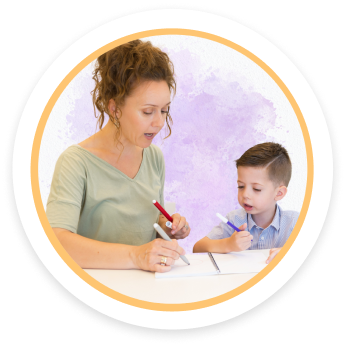

Hi, I'm Miss Charlotte!
Miss Charlotte is an Education Director by trade, and a mom by heart. All 200+ of our DIY projects were created by Miss Charlotte, with the help of her expert DIY assistant—Her 4 year old daughter! With a MST degree in Early Childhood Education and 15 years of teaching experience, her blogs and DIY projects have been an incredible resource for our Playgarden Prep schools. We hope that your family loves them as much as we do!

